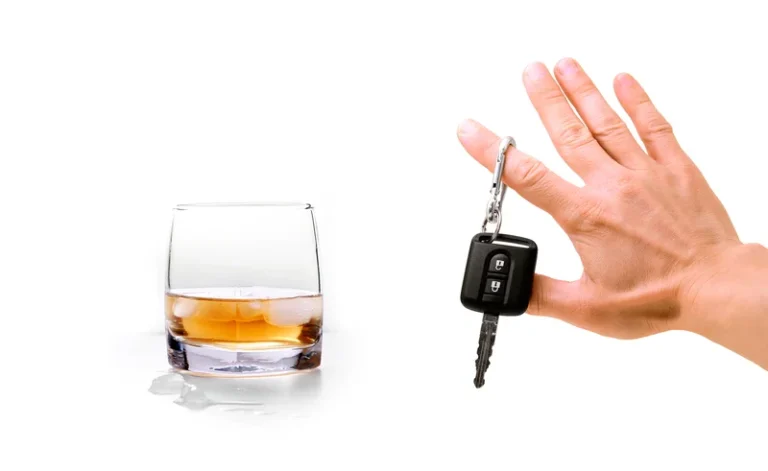
B-complex vitamins are crucial in the recovery process as they help repair the damage alcohol has done to your body. These vitamins also increase energy levels and stabilize mood, which can help reduce alcohol cravings. Research suggests certain B vitamins can help treat alcoholic liver disease by alleviating alcohol-induced oxidative stress8. B vitamins can inadvertently improve metabolism by restoring optimal liver function and correcting any thiamine deficiency. Of course, these are only 12 helpful options—there are many vitamins and supplements for alcoholics you can take to aid your system in recovery. We recommend speaking with your doctor about how heavy drinking has impacted your body, and which supplements will be the most safe and useful for you as an individual.

Addiction Info
Did you know that heavy drinking can lead to big shortages in the nutrients you get? Research shows that drinking a lot over a long time — as in alcohol use disorder — often leads to poor nutrition. Nutritional therapy, a treatment approach that involves nutrition education, changing your diet, and adding supplements, can help balance out this loss. Taking supplements can help alcoholics in experiencing withdrawal symptoms or undergoing detoxification. Some vitamins can provide significant benefits to counter some of the adverse effects of drinking.

The Pathophysiology of Alcohol Drinking
- Vegetables like cucumber, lettuce, zucchini, celery, and tomatoes also have high water content.
- Experts suggest a diet composition for those in alcohol recovery of approximately 45% carbohydrates and 30% healthy fats, with the remaining 25% from protein.
- Further, some supplements may have drug interactions with your existing medications or can worsen other current medical conditions.
- Experts believe its calming effects might be due to its activity on gamma-aminobutyric acid (GABA) receptors in the brain, which slow down the central nervous system.
- Other options include eggs, milk, beans, lentils, and whole grains.
Alcohol stimulates the hypothalamus, which plays a role in managing food intake. Because alcohol stimulates the hypothalamus and is full of empty calories (calories that lack hunger-stopping nutrients), individuals who quit drinking may experience reduced appetite. If you’re in an alcohol addiction treatment program, you know how tough it can be to overcome alcohol cravings. Your body may crave alcohol long after your last drink, and this can pose a severe challenge to your recovery.
- Severe deficiency, called scurvy, may result in anemia, bruising, and dental issues.
- Alcohol interacts with neurotransmitters including gamma-aminobutyric acid.
- That’s what evens out your moods, helps you sleep better, and soothes the urge for alcohol.
- In effect, alcohol use abuse is considered a chronic disease that promotes the pathogenesis of many fatal diseases, such as cancer and liver cirrhosis.
- High-iron foods include shellfish, spinach, organ meat (like liver), legumes, pumpkin seeds, quinoa, turkey, broccoli, tofu, and red meat.
- Additionally, alcohol use can lead to cognitive impairment, mental health issues like depression, and ultimately, dependence.
Comprehensive Nutritional Therapy, or Bio-Repair
Embarking on an alcohol recovery journey is a significant step that requires not only personal commitment but also professional guidance and support. Professional dietitians specialize in nutrition and can provide tailored advice on an alcohol recovery diet, ensuring that individuals receive the nutrients needed to repair the body and support overall health. They understand the complexities of nutritional deficiencies common in those recovering from alcoholism and can develop meal plans that address these issues. Professional guidance and support are indispensable in the alcohol recovery diet. They ensure that individuals receive the necessary nutritional support, benefit from shared experiences, and gain access to medical care when needed, all of which contribute to a successful and sustainable recovery.

Because withdrawal can already induce depressed and sluggish feelings, it’s best to eat healthier foods that leave us feeling energized and nourished. Similar to vitamin B, zinc is another nutrient that can’t be adequately absorbed when a person consumes alcohol. https://ecosoberhouse.com/ Zinc deficiency not only increases the risk of disease but can include other symptoms like loss of appetite, mental lethargy, and rough skin. Withdrawal symptoms from alcohol are different for everyone and can last anywhere from a few days to more than a week.
Articles Related to Alcoholism
Research shows that DHM can increase the efficacy of enzymes that metabolize alcohol, helping your body to eliminate it faster. DHM also appears to reduce inflammation and fat accumulation in the liver, helping to guard against alcohol-related liver disease. A good first step is to speak with a primary care physician who can provide treatment referrals and medications. They can also evaluate the person’s drinking patterns and overall health and work together to craft a treatment plan. Therefore, long-term alcohol use leads to lower nutrient consumption and can affect how the body uses this limited supply of nutrients. As a result, many individuals who misuse alcohol may become malnourished.

It can trigger irritable bowel syndrome, acid reflux, and other gastrointestinal illnesses, too. In addition to dietary issues, alcohol affects how the body digests, stores, and uses nutrients. For example, it can decrease the secretion of digestive enzymes in the pancreas and impair nutrient absorption from the cells of the stomach or intestines. If you’re currently dealing with AUD, it’s recommended that you talk with a healthcare professional about getting help. They can provide the necessary support and guidance throughout your recovery. One 2019 study found that a significant portion of individuals with AUD admitted to the intensive care unit (ICU) had vitamin C deficiency, with 42% being severely deficient.

The Road to Recovery
Although small amounts of alcohol may not have a big impact on your nutritional health, many chronic, heavy drinkers struggle with significant nutrient deficiencies. Good nutrition in recovery can also boost your mental health—an important factor in maintaining your sobriety. Because excessive alcohol use can lead to protein deficiency, it’s great to add low-fat proteins into your recovery diet.
Are There Risks Associated with Mixing Alcohol and Supplements?
A lack of vitamin B9 can trigger anemia and make you weak, tired, and moody. Folic acid is in foods like enriched bread, flour, cornmeal, pasta, rice, and breakfast cereals. best vitamins for recovering alcoholics Veggies, fruits, fruit juices, nuts, beans, and peas naturally have folate. Dihydromyricetin (DHM) is an over-the-counter herbal remedy well-known for soothing hangovers.
